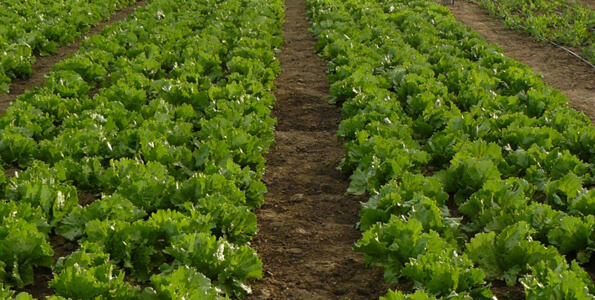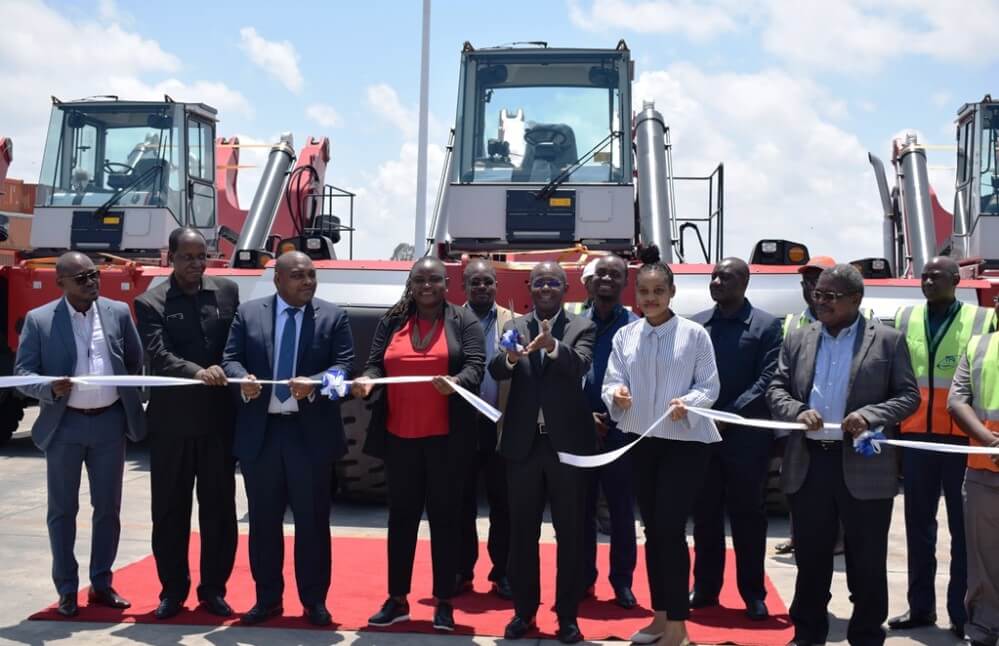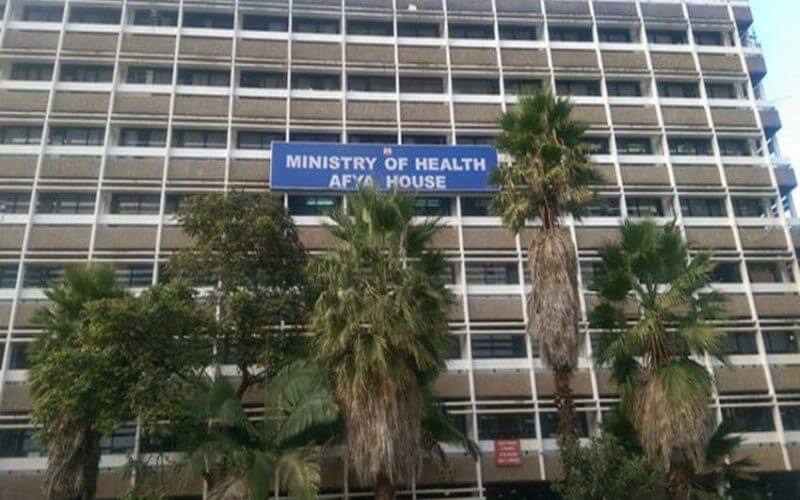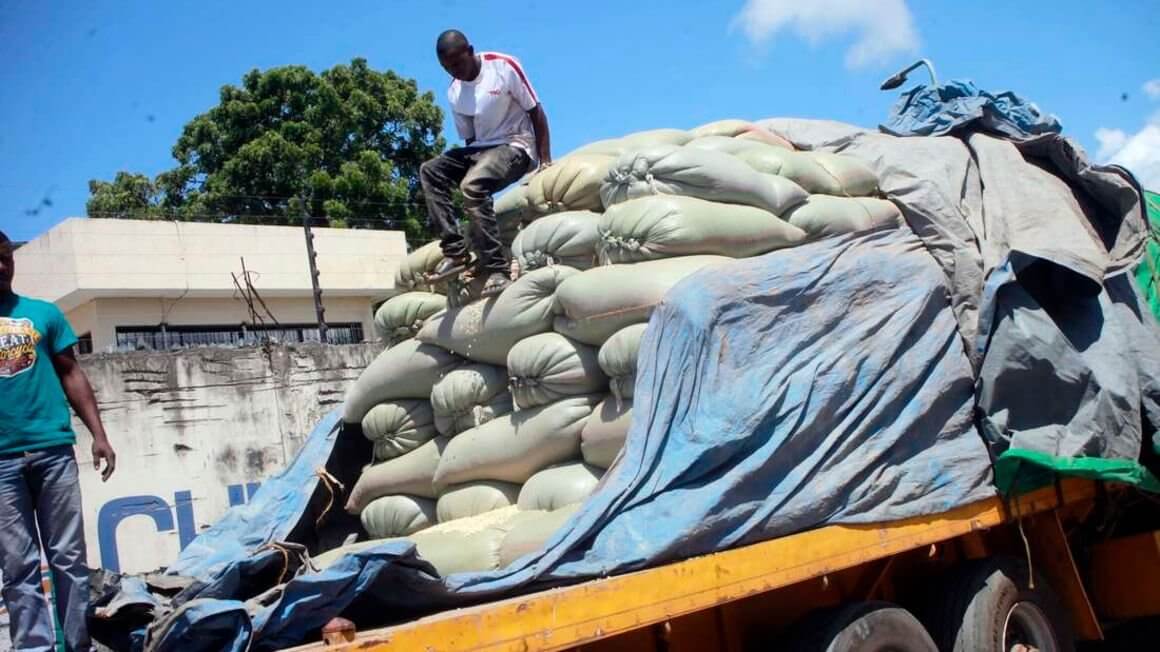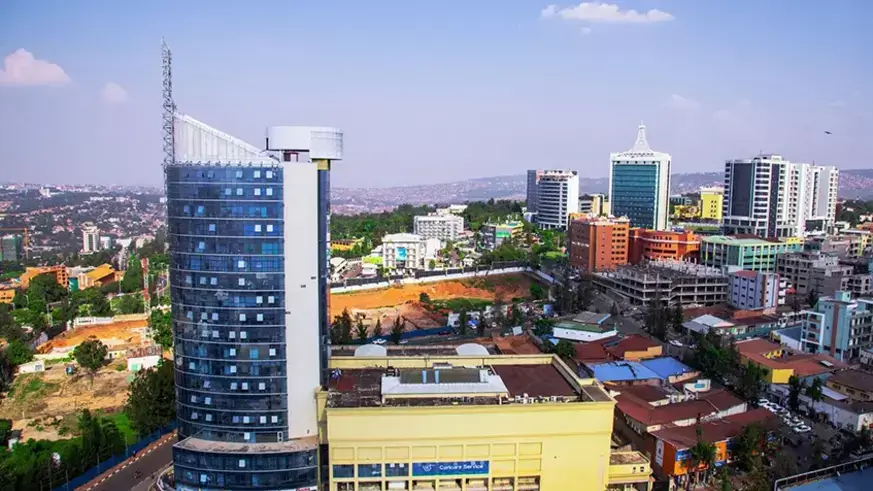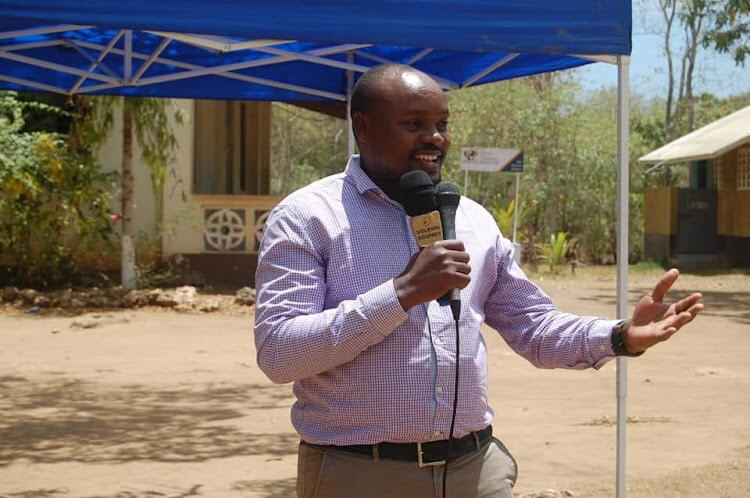THE government has commended horticultural champion TAHA and UNDP for setting up a pioneer ultra-modern National centre of excellence for horticulture, a massive boost to the high-flying sector. The state-of-the-art national centre of excellence for horticulture is part of TAHA, UNDP, Trade Mark East Africa (TMA) TRIAS, Ricolto among other key players’ grand strategies to unlock the multimillion-dollar industry. Currently, horticulture earns the economy $779 million (1.8tri/-) annually, up from $100 million (230.3bn/-) in 2004, making the industry a nascent venture to watch in terms of creating jobs, wealth, and health. Inaugurating the Tengeru horticulture farmer’s services centre of excellence (CoE) in Arumeru District in the Arusha region, Deputy Minister for Agriculture, Mr Hussein Bashe poured praises to TAHA and UNDP for truly complimenting the government’s efforts in building key infrastructures critical to unleashing the potential of the agriculture sector. “I take this opportunity to congratulate TAHA, UNDP and urge development partners to emulate the spirit to enable the farmers meet the market requirements,” Mr Bashe explained. He asked TAHA and UNDP to ensure that the centre is equipped with hi-end lab technologies so that extensive research could be carried out for producing high-yielding varieties of fruits and vegetables. “This Centre of excellence must have high tech poly-house for vegetable nursery and a high-tech nursery for fruits to help farmers to maximize their profit” Mr Bashe noted. TAHA Group CEO, Dr Jacqueline Mkindi said the centre also has a mobile cold refrigerator, the first facility of its kind in the...
Massive boost for horticulture sector
Posted on: November 4, 2021
Posted on: November 4, 2021

